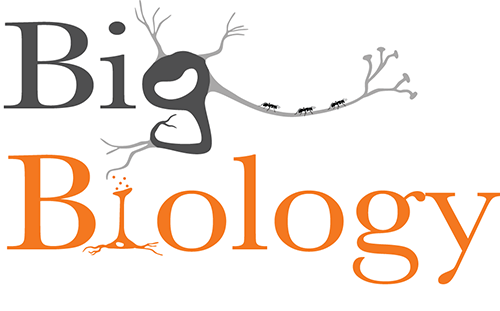

Files
Download Full Episode (93.6 MB)
Loading...
Interviewer(s)
Art Woods, Marty Martin
Interviewee(s)
Katie Peichel, Andrew Hendry
Description
Can we predict evolutionary outcomes if we know starting conditions? Do the products of evolution in nature differ from those studied in well-controlled lab experiments?
On this episode, we talk to Katie Peichel, head of the Division of Evolutionary Ecology at the University of Bern, Switzerland, and Andrew Hendry, professor in the Department of Biology at McGill University, Canada. Katie and Andrew are part of a massive research team working on the evolution of threespine sticklebacks as they are reintroduced into lakes in Alaska. Sticklebacks have been a favorite species for evolutionary biologists since almost the origins of modern evolutionary theory. Traits like spine size and lateral plate armor evolve rapidly when populations colonize new habitats, leading populations to barely resemble one another. Unlike traditional evolutionary experiments, which try to infer what occurred in the past, the Alaska project is tracking in unparalleled detail changes in the phenotypes and genotypes of fish that went into each lake population.
We talk to Katie and Andrew about the origins of this incredible project, the pros and cons of different approaches to studying evolution, and the need for long-term experimental studies of evolution in the wild. This is the first of a series of episodes we will be doing on the Alaskan research project, so stay tuned!
Cover photo: Keating Shahmehri
Date Published
9-21-2023
Language
eng
Run Time
1 hour, 7 minute, 53 seconds
Digital File Format
audio/mp3
Document Type
Podcast
Recommended Citation
Woods, Art and Martin, Marty, "Episode 106: Long-term experimental evolution in the wild (with Katie Peichel and Andrew Hendry)" (2023). BigBiology Podcasts. 109.
https://scholarworks.umt.edu/bigbiology_podcasts/109
